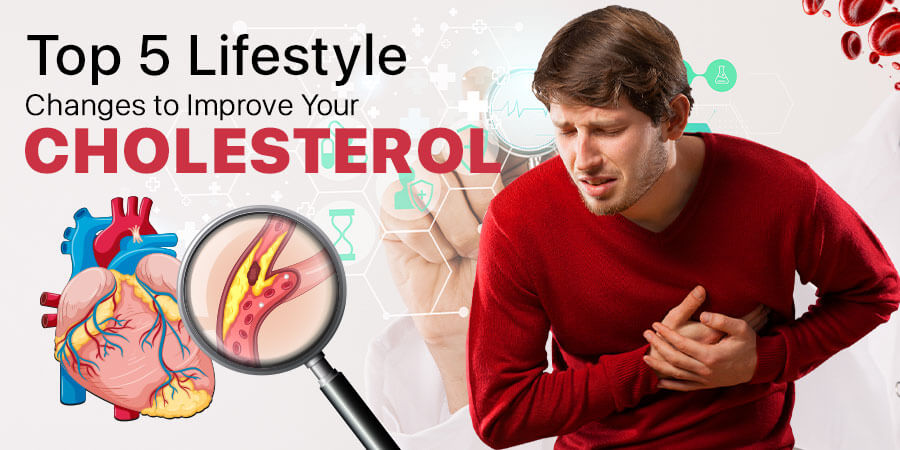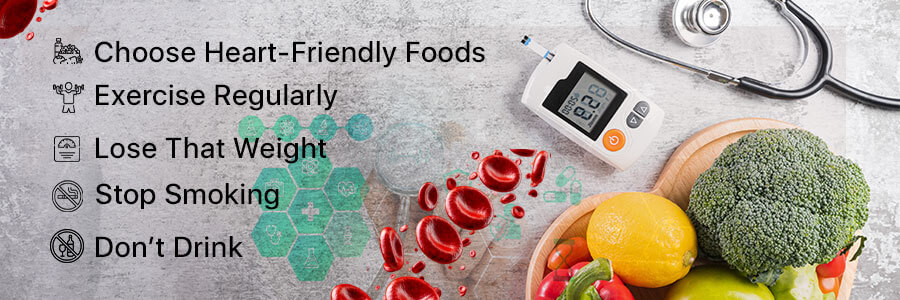To schedule an appointment call: 1 (800) 605-0031
To schedule an appointment call: 1 (800) 605-0031

Your cholesterol levels can improve with changes in your lifestyle. High cholesterol increases the risk of heart conditions. A person with a high cholesterol level is more likely to get a heart attack than someone with low cholesterol. While medications can help improve cholesterol, making changes in lifestyle can improve your cholesterol level and the effectiveness of cholesterol medications.
Do you have high cholesterol, or are you on medications for cholesterol? Incorporating these changes in your diet can reduce cholesterol and improve your heart health.
At Clinica Medica Samaritana, we believe a healthy gut is the key to a healthy life. A few changes in diet can help reduce your cholesterol and boost your heart health. Here’s what to do:

Good food and daily exercise go hand-in-hand. Moderate physical activity like weight lifting, swimming, and cycling for at least 30 minutes 4 to 5 days a week can raise high-density lipoprotein (HDL) cholesterol or good cholesterol. Exercising can help lose weight (more on that later). If you do not have time for the minimal, follow these tips:
Look for physical examination services LA at Samaritana after consulting a doctor to determine the extent to which you can exercise.
Did you know that even a few extra pounds can increase cholesterol? Change from sweet and sugary beverages to regular tap water. If you have a sweet tooth, you’ll have to control your cravings. Seldom, you can try no-fat or little-fat candies like jelly beans. Less sweet means less weight gain.
Additionally, add more activities to your daily routine, like walking the stairs instead of taking the elevator. Avoid sitting in one position the whole day at work or home. Move around.
Do you smoke? Don’t. Quitting cigarettes and vapes can improve HDL cholesterol. The benefits show up soon. Here’s what to expect:
Drinking alcohol in moderation is not necessarily a bad thing. In fact, moderate alcohol consumption has been associated with higher HDL cholesterol, but the benefits are not strong enough for you to drink if you don’t already.
If you drink, drink in moderation. For a healthy adult, it means you can have one drink a day. If you’re above 65 or younger, you can have up to two drinks a day.
Drinking too much can cause serious health problems, like high blood pressure, strokes, and heart failure.
Making healthy lifestyle changes may not always be enough to lower cholesterol levels. If your doctor recommends cholesterol medication, continue taking it while following lifestyle changes. It can help you take less medicines.